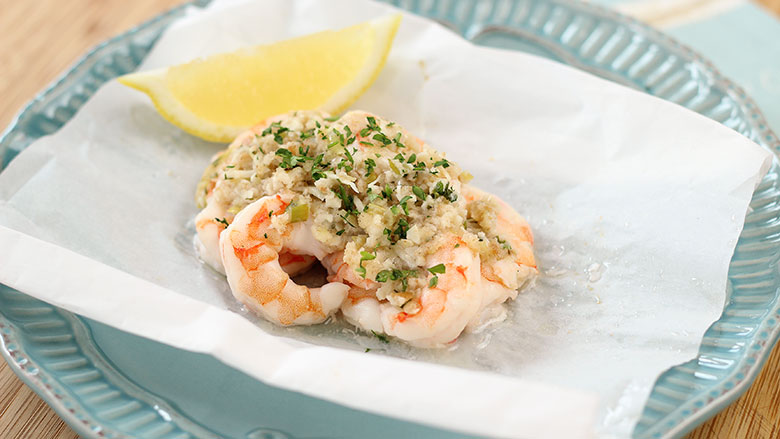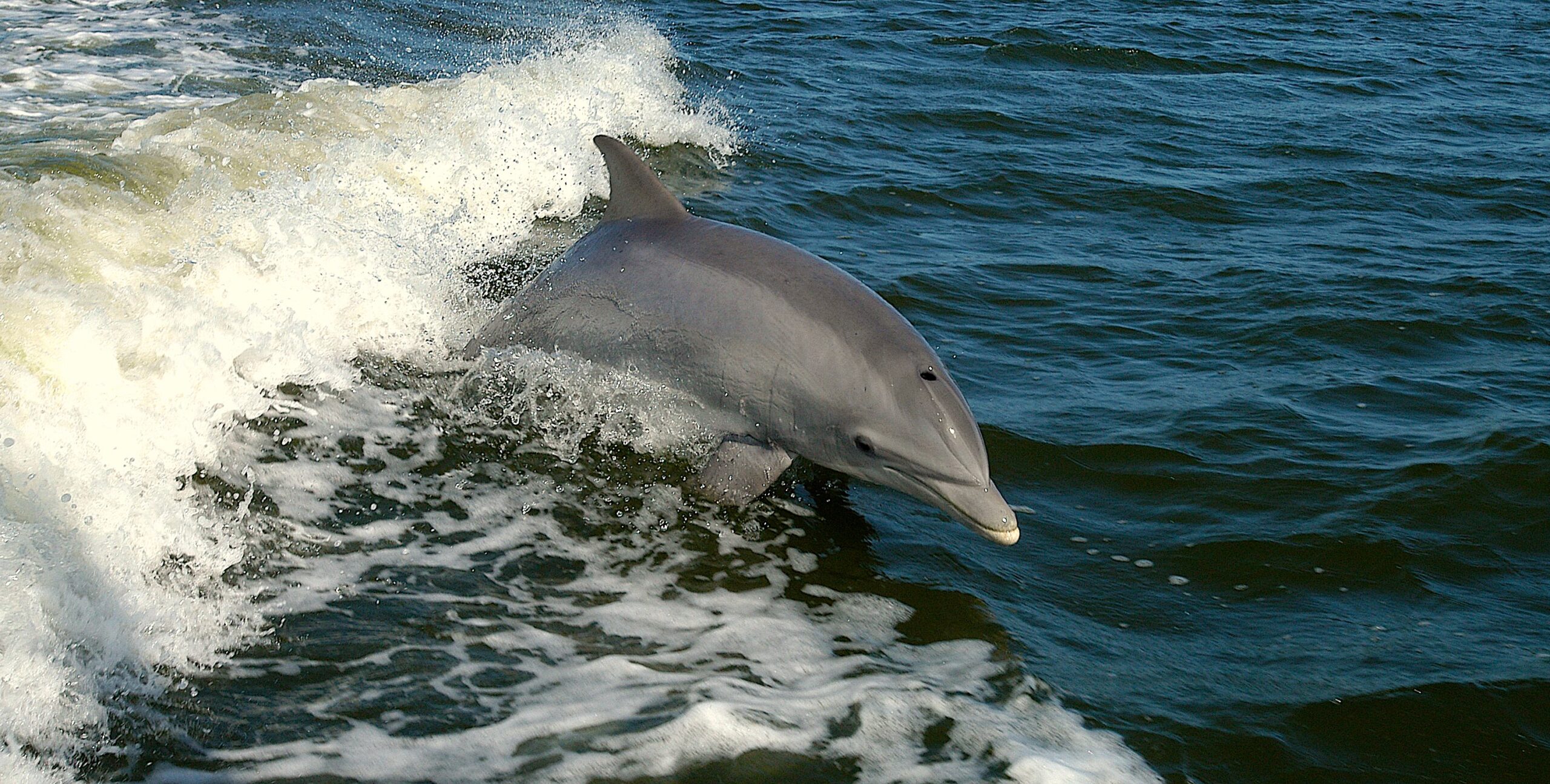MARINER’S MENU: New Blog Features Fresh Seafood Ideas and More

The new Mariner’ s Menu — marinersmenu.org — a blog based on Joyce Taylor’s popular book of the same name, offers consumers a new way to get seafood recipes, learn about North Carolina fisheries and traditions, and stay current on safety, handling and preparation tips.
People who are eating healthier are including more seafood in their diets, says blog contributor Barry Nash. And with the struggling economy, consumers are eating more meals at home.
“This blog offers kitchen-tested preparations for North Carolina seafood, along with information on the seasonality of commercial species, assessing product quality and the heritage of coastal fishing communities,” says Nash, seafood technology specialist for North Carolina Sea Grant.
Partners on the project include the North Carolina State University Seafood Laboratory, the Core Sound Waterfowl Museum, the N.C. Division of Marine Fisheries, and North Carolina Sea Grant.
Contributors include Taylor, Nash, David Green, director of North Carolina State University’s Seafood Lab, and Pam Morris, president of Carteret Catch. This project is funded by the N.C. Fishery Resource Grant Program.
Quality counts when preparing seafood dishes, so be sure to use fresh seafood from North Carolina’s waters. For more information on selecting fish and shellfish, go to: www.ncseagrant.org/seafood.
Bookmark the blog online and check back often for recipes and articles about North Carolina seafood! The Mariner’s Menu: 30 Years of Fresh Seafood Ideas seafood resource book is available in bookstores. To order a copy from North Carolina Sea Grant, call 919/515-9101. — Kathleen Angione
North Carolina Shrimp
Shrimp is the nation’s most popular seafood and the second most economically important fishery in North Carolina. The state’s commercial shrimp fleet is comprised primarily of small- to medium-sized vessels that fish overnight in the internal waters of the state’s southern coastal region and in the tributaries of larger water bodies in the central and northern coastal regions. Both overnight and multi-day trips are used to harvest in Pamlico Sound, Core Sound, and the Atlantic Ocean, as well as in the Neuse, Pamlico, Pungo and Bay Rivers.
North Carolina watermen harvest three shrimp species. Pink shrimp, called “spotted,” are generally harvested from April to June. White shrimp, called “green tailed,” are available from August to November. Brown shrimp are harvested in the late summer and fall and account for two-thirds of the shrimp landed in the state. The southern district in North Carolina harvests mostly white shrimp caught in the ocean.
Approximately 51 percent of North Carolina’s annual harvest comes from the Pamlico Sound, 24 percent comes from the Atlantic Ocean and 10 percent is caught in Core Sound. The remaining 15 percent come from the Atlantic Intracoastal Waterway and other inland waters. — Contributed by Barry Nash
Purchasing North Carolina Shrimp
Shrimp are sold by weight and count — the number of shrimp it takes to equal one pound. You often see descriptive names for shrimp such as small, medium, large or jumbo. However, there are no standardized or regulated criteria for these descriptions, always compare prices based on the actual count per pound.
Shrimp are available in different market forms such as head-on, headless, and peeled/deveined. If you buy shrimp (head-on) from a local fisherman, you can expect to obtain approximately 60% by weight of headless shrimp (still in the shell) once the heads are removed.
So don’t be surprised to learn that the price you are quoted of $3 per pound for head-on shrimp will actually cost $5 per pound for headless shrimp. Many sellers remove the heads on request and may include a service fee such as $0.25 per pound.
An easy way to estimate the weight of headless shrimp you buy is to multiply 0.6 by the total weight of heads-on shrimp you purchase. You can determine the price per pound of headless shrimp by multiplying 1.67 times the head-on shrimp price. Remember these figures are approximate and can vary between species and sizes of shrimp. — Contributed by David Green
Marinated Charcoal Grilled Shrimp
Fresh shrimp should smell like seawater, with no off-odors such as musty, ammonia or iodine smells. Look for shrimp that are firm and not slippery. Beware of shrimp that are bright pink or red — they have not been properly iced. Look for shrimp that are free of other defects such as black spots, yellowing or a bleached appearance.
Because shrimp cook quickly, try grilling some red potato slices, squash and maybe some okra before you put the shrimp on. You’ll have a delicious — and healthy — meal.
• 2 pounds large or jumbo shrimp, peeled and deveined
• 2 tablespoons fresh lime juice
• 1 tablespoon extra virgin olive oil
• 3/4 teaspoon freshly ground black pepper
• 1/2 teaspoon salt
• 1/8 teaspoon dried dill
• 1/8 teaspoon sugar
• 1/2 teaspoon cumin
• 1/2 teaspoon dried basil
• 1 1/2 teaspoons finely chopped garlic
• 2 teaspoons minced green onions
• melted margarine or butter (optional)
In large shallow dish, combine lime juice, oil, pepper, salt, dill, sugar, cumin, basil, garlic and onions. Place shrimp in mixture and marinate in refrigerator for 20 to 30 minutes, turning once. Remove shrimp from mixture and thread on skewers. Discard marinade.
Grill about 4 inches from heat until done on one side, about 3 to 4 minutes. Turn and repeat on other side. Serve with melted margarine, if desired. Serves 6 to 8.
From Mariner’s Menu: 30 Years of Fresh Seafood Ideas. — Contributed by Joyce Taylor
This article was published in the Holiday 2009 issue of Coastwatch.
For contact information and reprint requests, visit ncseagrant.ncsu.edu/coastwatch/contact/.
- Categories:


